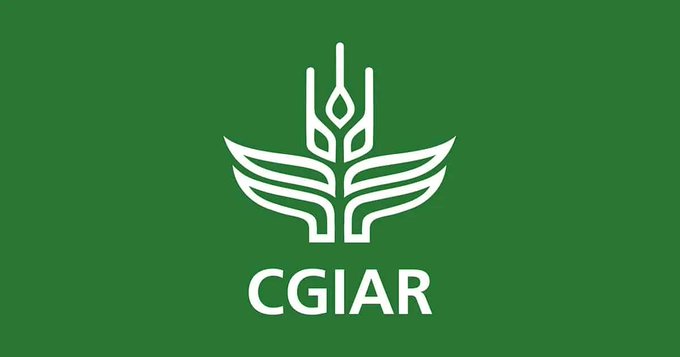Deadline: Open until filled| Applications Screening will start on 31 December 2022
The International Livestock Research Institute (ILRI) seeks to recruit a Post-Doctoral Fellow to contribute to the research portfolio on the current regional drought crisis in the Horn of Africa. The objective is to generate evidence and data to catalyze early action to avoid food crises among pastoralists and agro-pastoralists in East and Horn of Africa. This is position is at job level HG 16 and it is open to both national and international applicants.
This is a two-year post-doc position co-funded by Jameel Observatory for Food Security Early Action and Supporting Pastoralism and Agriculture in Recurrent and Protracted Crisis (SPARC), a research collaboration that aims to align efforts and actions to the regional drought crisis in the Horn of Africa.
I. Background
Climate change is leading to more frequent and severe shocks to food and feed supply in pastoral areas of East Africa. Despite advances in Early Warning Systems, one in three people are still not adequately covered by such systems. Furthermore, actions to alleviate the impact of drought in advance of hazards striking are not implemented at the required scale and with sufficient urgency. There is a dividend to using a targeted anticipatory approach to mitigate the impact of possible droughts before they occur. This leads to more timely, effective and efficient solutions that ultimately reduce the need for costly emergency humanitarian actions. Although “triggers” are core component of Anticipatory Action, in most drought-affected countries in the Horn of Africa, the design and selection of such triggers is not based on consensus among key actors and is not adequately connected with existing drought indicators and overall targeting of response. This leads to implementation delays following the triggers crossing pre-determined thresholds. Most existing triggers for weather-related hazards like droughts are predominantly based on weather forecasts and largely overlook socio-economic and institutional indicators, yet these broader indicators are important in decisions on anticipatory action.
II. Key Responsibilities
- Understand the historical process of identifying triggers and evaluating the socioeconomic and institutional parameters that could be embedded with weather-related triggers
- Conduct needs assessment to identify gaps for application of triggers, expressed by practitioners across the cycle of anticipatory action,
- Explore the linkages (top-down/bottom-up) between the trigger design, targeted actions and the planning processes, among others
- Facilitate dialogue among selected practitioners to select pre-agreed drought triggers based on forecasted impacts of drought and its applicability
- Write up of research outputs (incl. scientific reports, peer-reviewed publications, briefs)
- Supervise research assistants and research fellows.
- Provide scientific leadership to junior researchers and fellows
- Contribute to the development of proposals and resource mobilization efforts
III. Requirements
- PhD in development economics, sociology, anthropology or related field
- Strong skills in qualitative research and community engagement
- Practical knowledge of dryland communities and food security actions
- Excellent spoken and written English
- Proven track record of scientific writing as first and/or corresponding author
- Ability to effectively manage, visualize and analyze climatic and socio-economic datasets
- Ability to work in multidisciplinary and teams and cultural contexts
IV. Other information
- The position will be based in Nairobi, Kenya
- The position is a two (2) year contract, renewable subject to satisfactory performance and availability of funding.
- ILRI offers a competitive salary and benefits package which includes; medical and other insurances.
V. How to apply?
- Applicants should send a cover letter and CV expressing their interest in the position, what they can bring to the role and the names and addresses (including telephone and email) of three referees who are knowledgeable about the candidate’s professional qualifications and work experience to the Director, People and Organizational Development through ILRI recruitment portal HERE
- Screening of applications will start on 31 December 2022 and continue until the position is filled. The position title and reference number: PIL/767/2022 should be clearly marked on the subject line of the online application.
- ILRI thank all applicants for their interest in working for ILRI. Due to the high volume of applications, only shortlisted candidates will be contacted.
- ILRI does not charge a fee at any stage of the recruitment process (application, interview meeting, processing or training). ILRI also does not concern itself with information on applicants’ bank accounts
- ILRI is an equal opportunity employer
VI. About International Livestock Research Institute (ILRI)
ILRI works to improve food and nutritional security and reduce poverty in developing countries through research for efficient, safe and sustainable use of livestock. It is the only one of 15 CGIAR research centres dedicated entirely to animal agriculture research for the developing world. Co-hosted by Kenya and Ethiopia, it has regional or country offices and projects in East, South and Southeast Asia as well as Central, East, Southern and West Africa.
To find out more, Please, visit ILRI website
